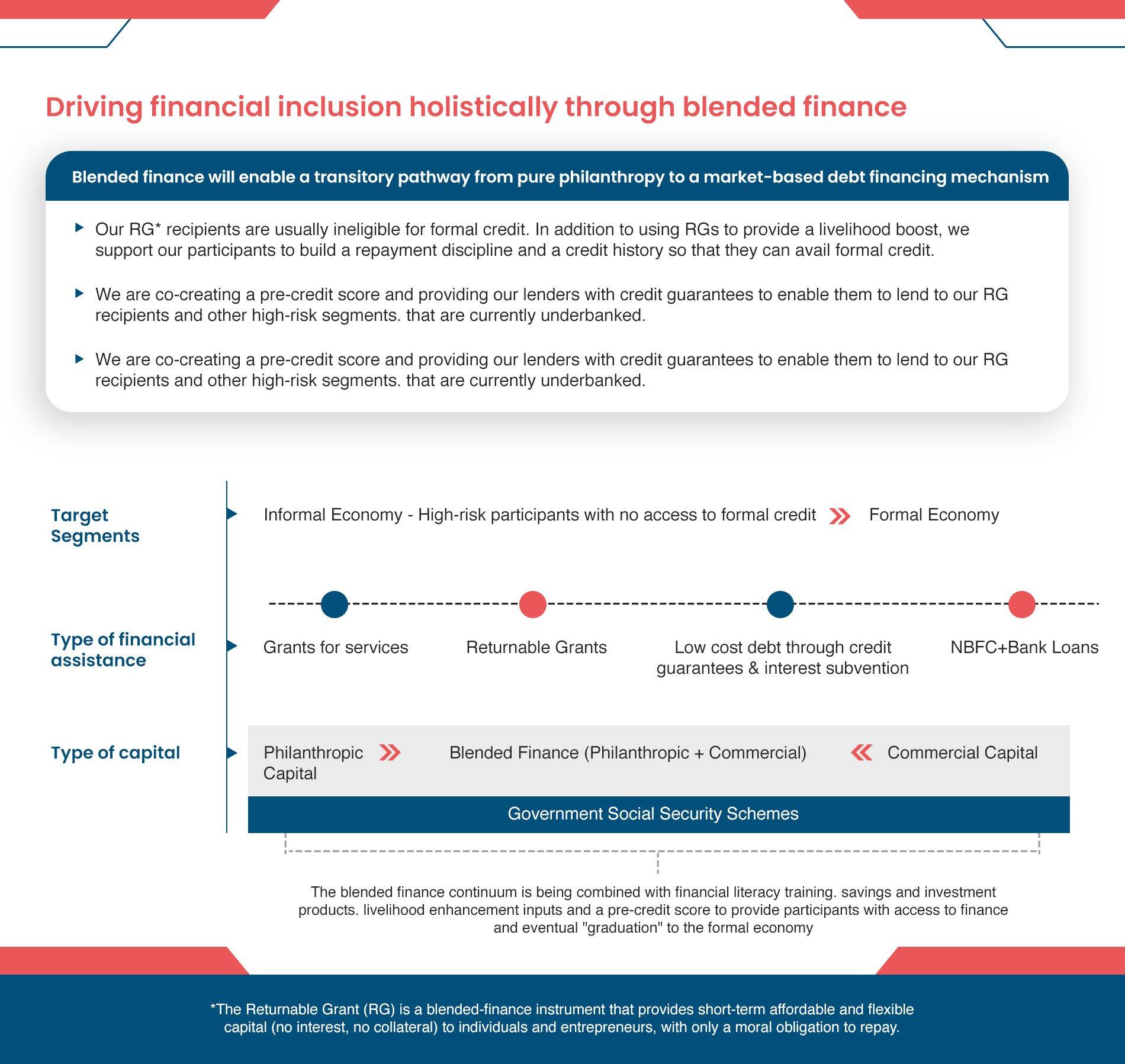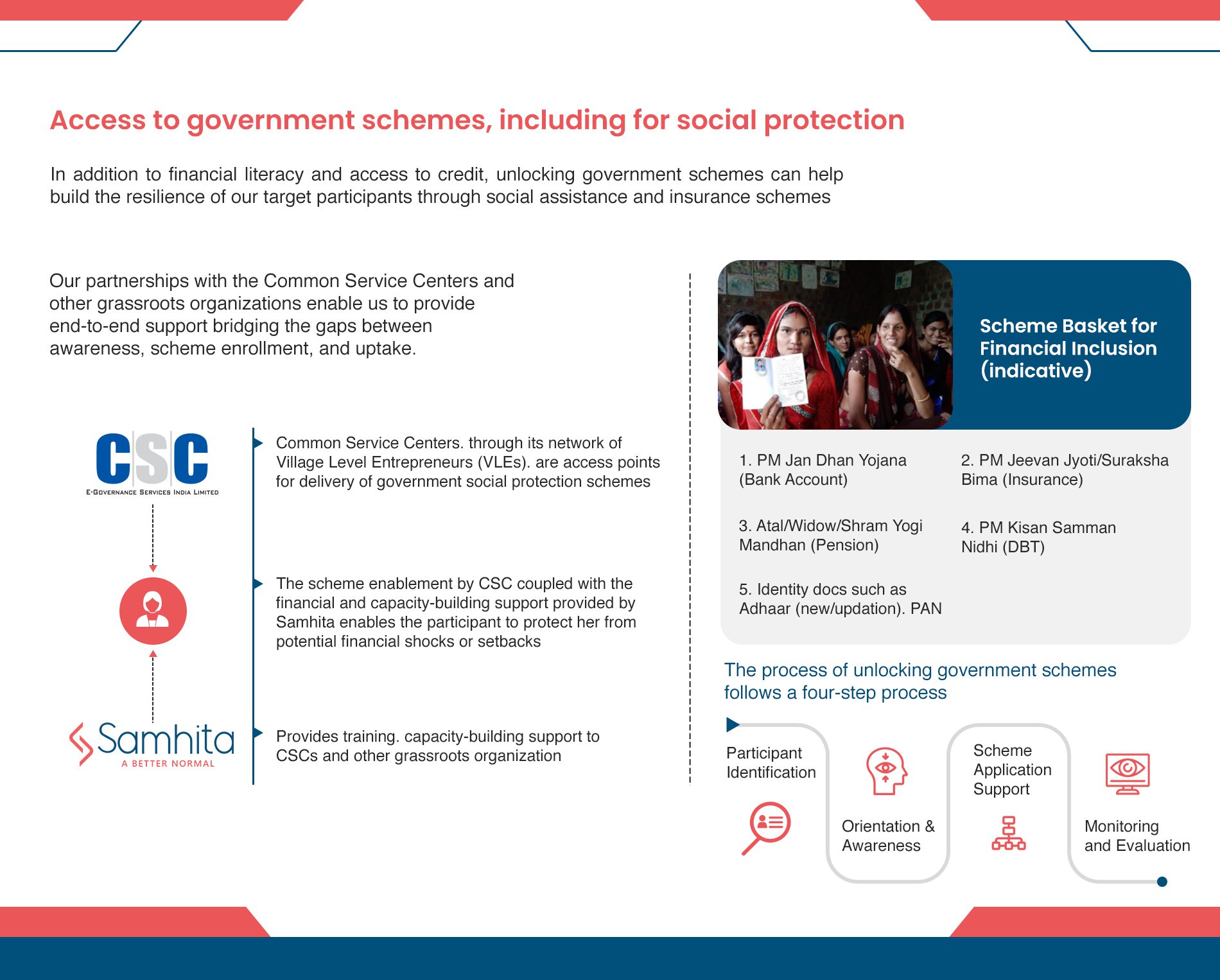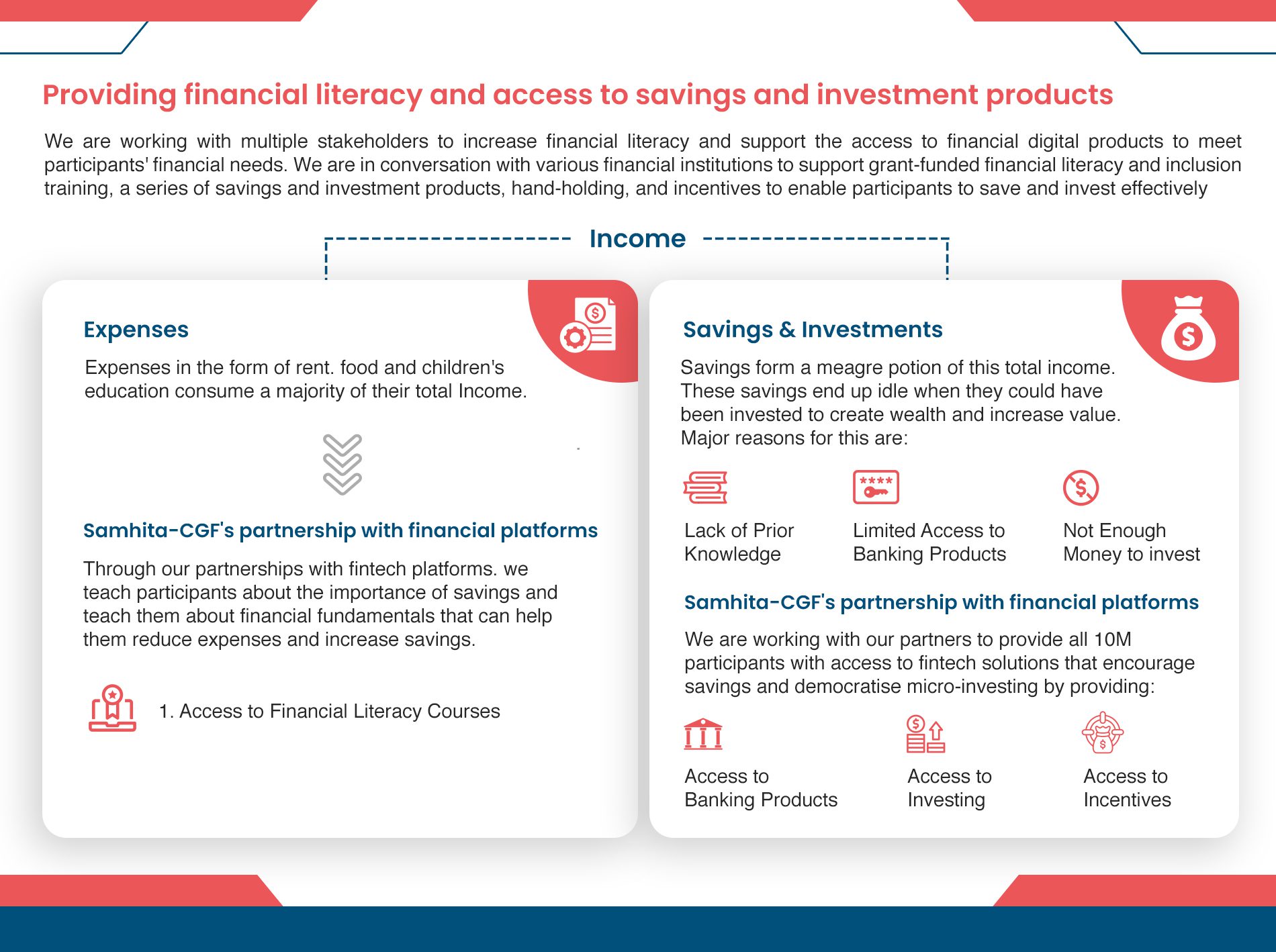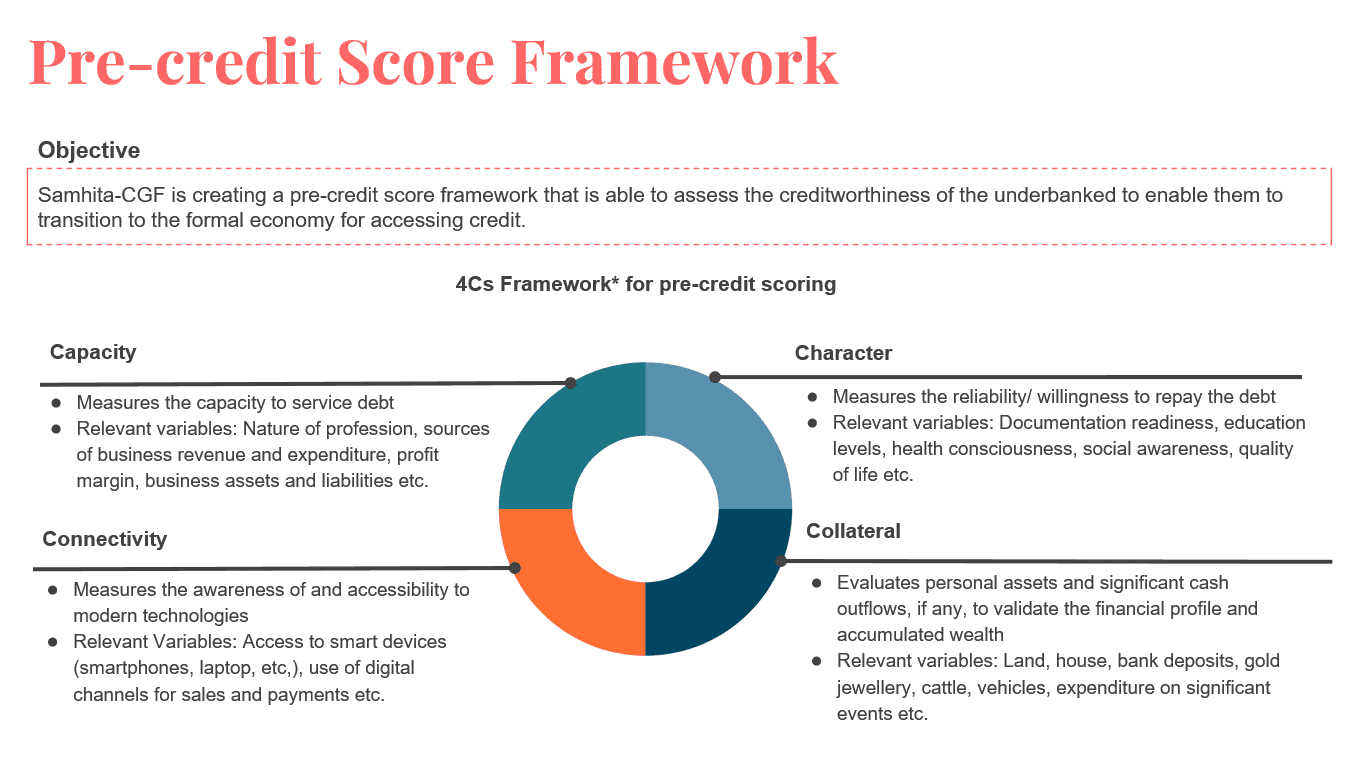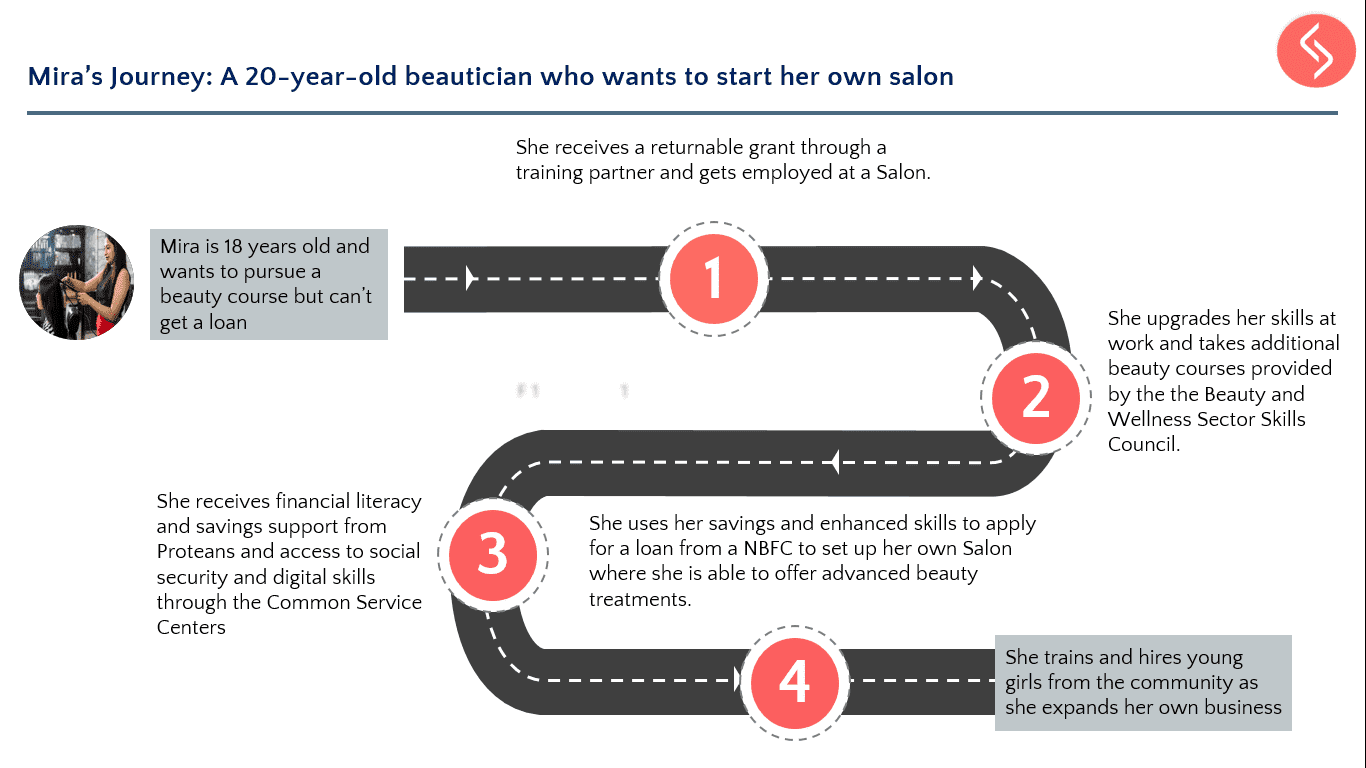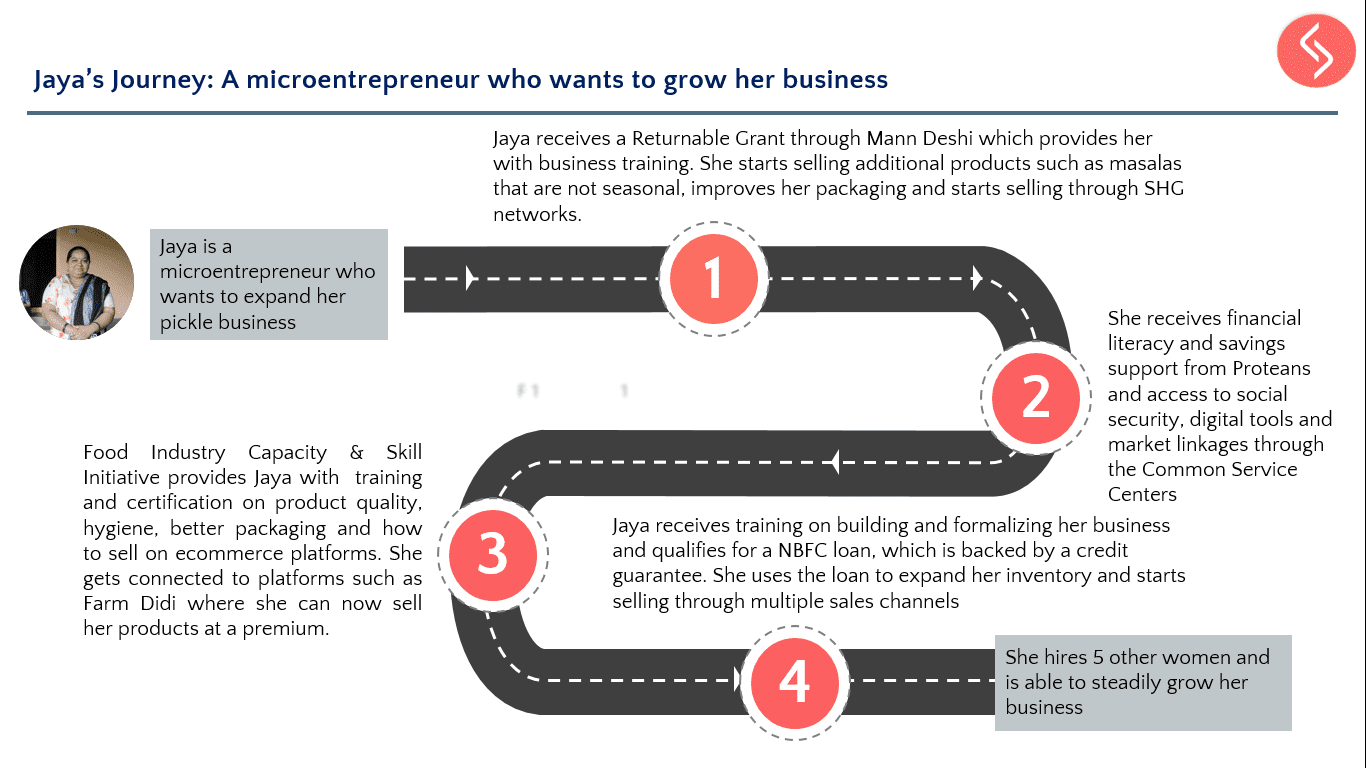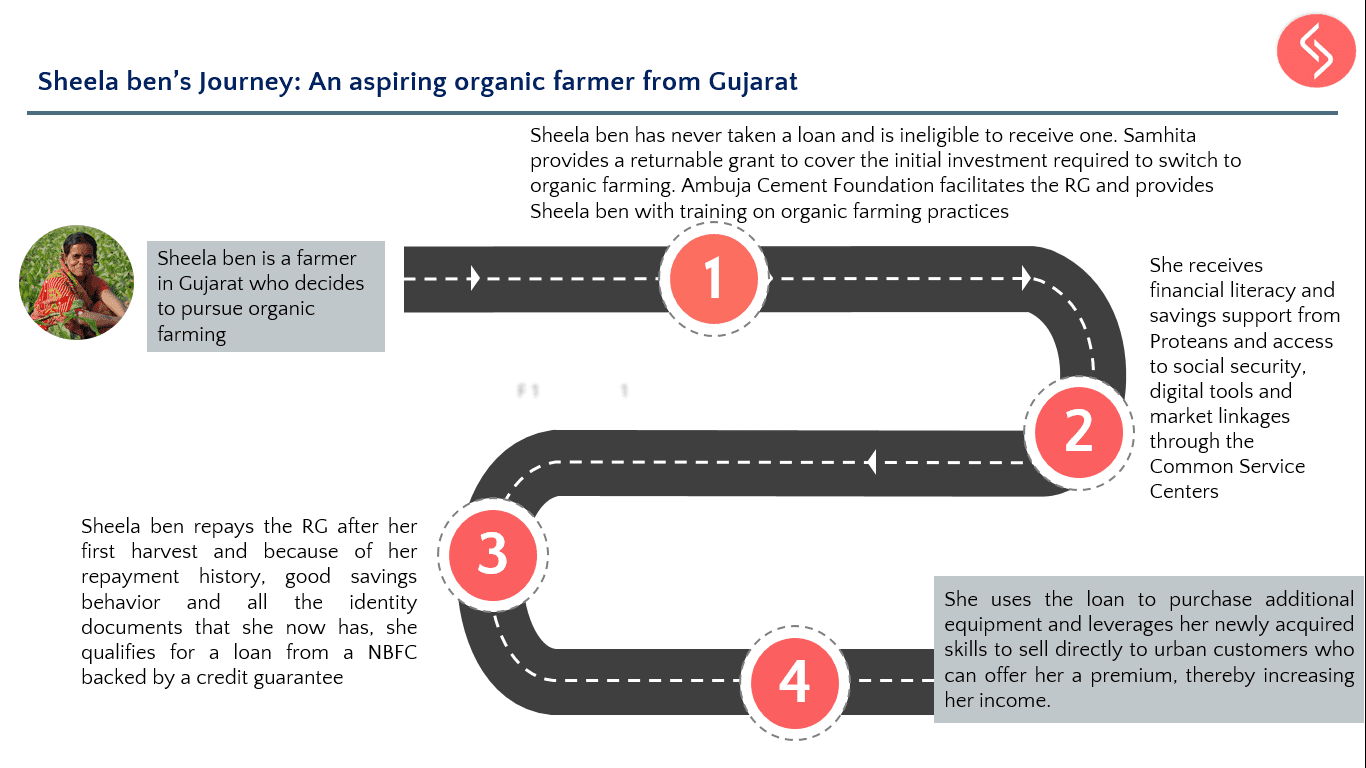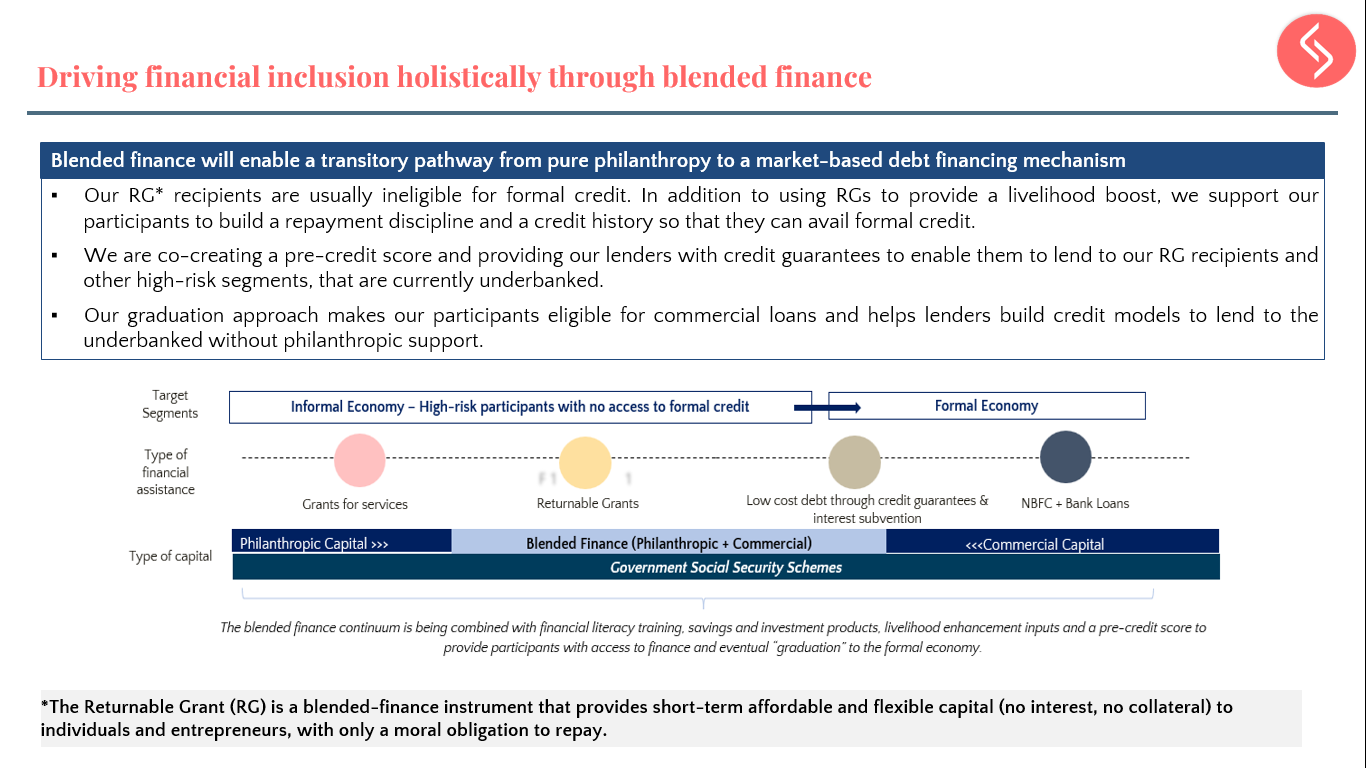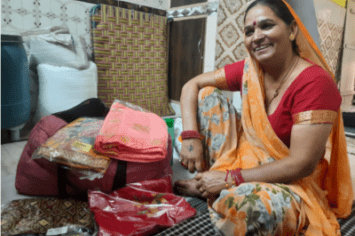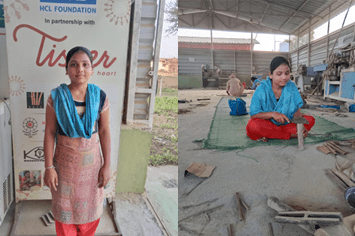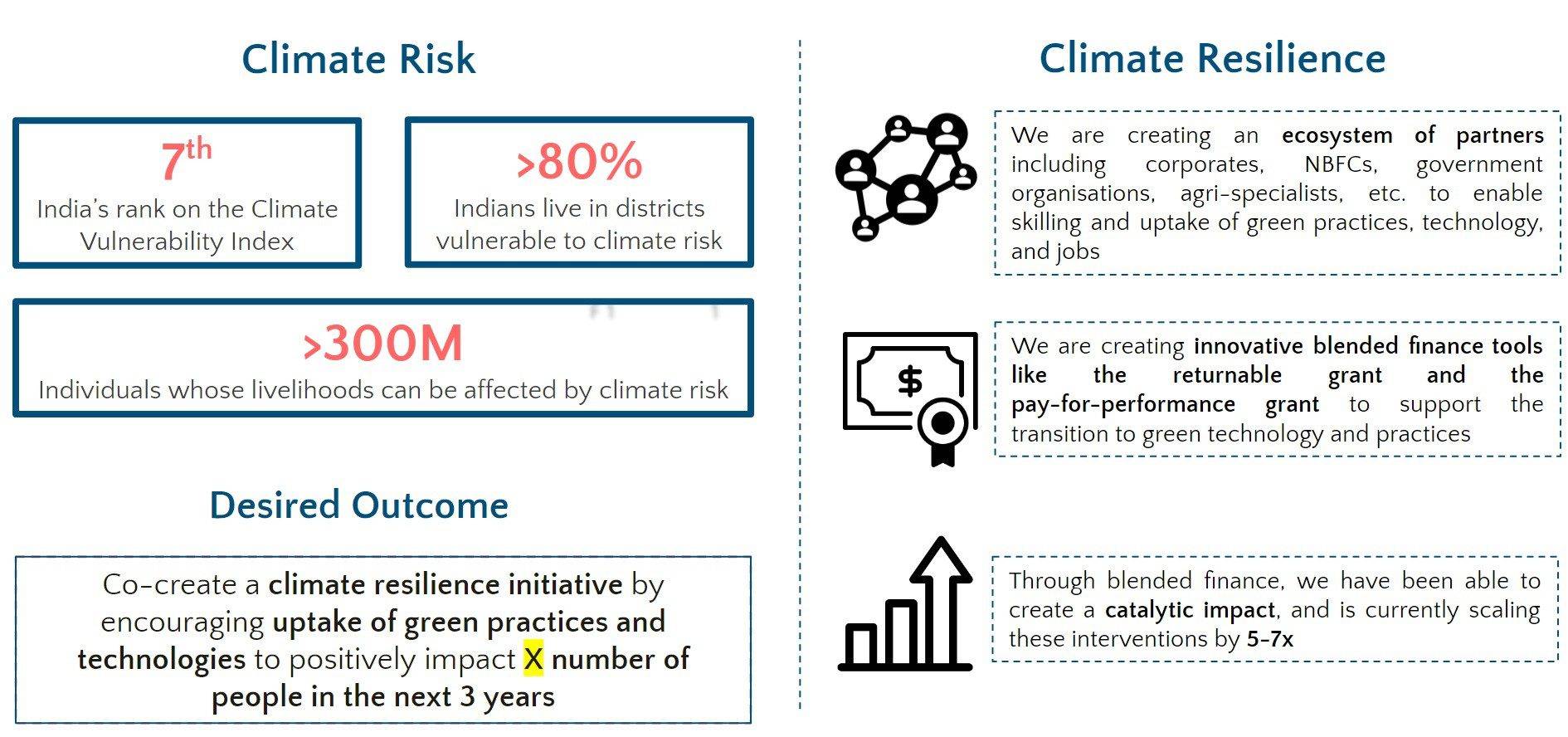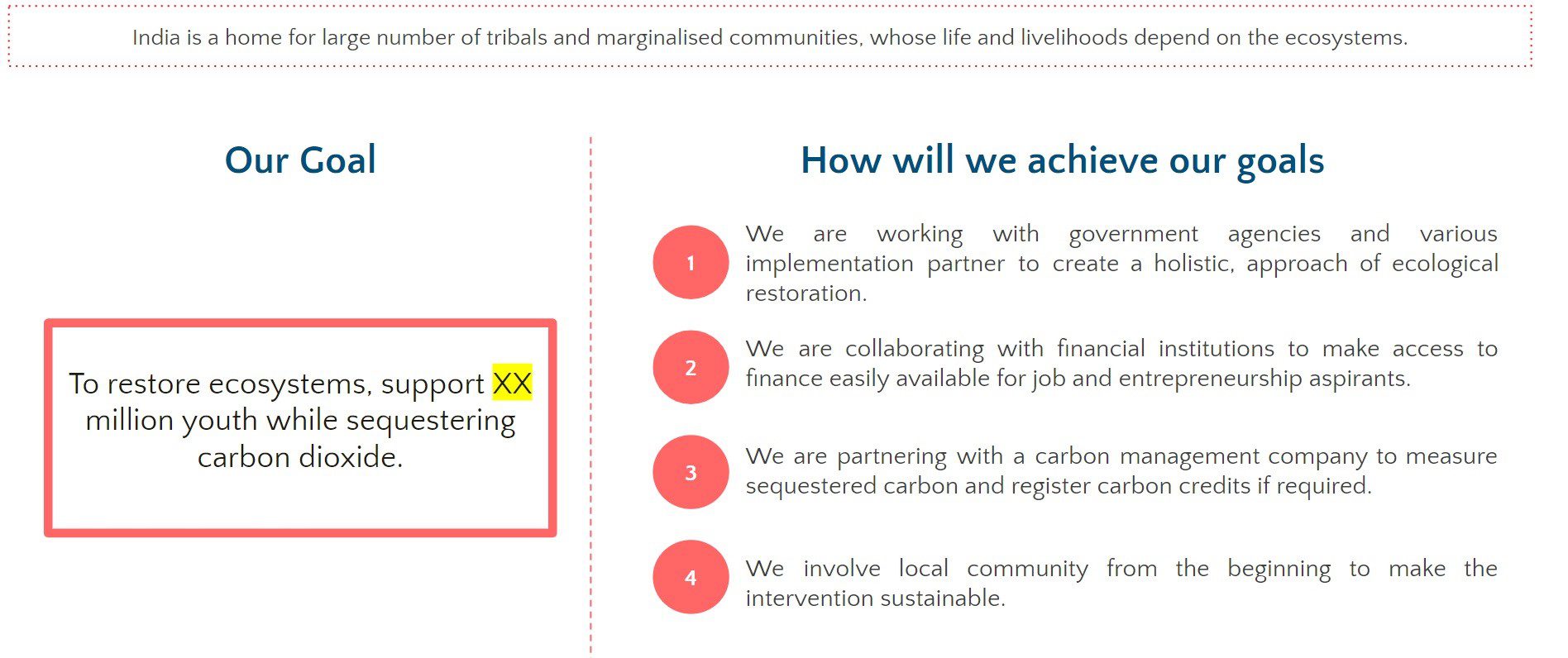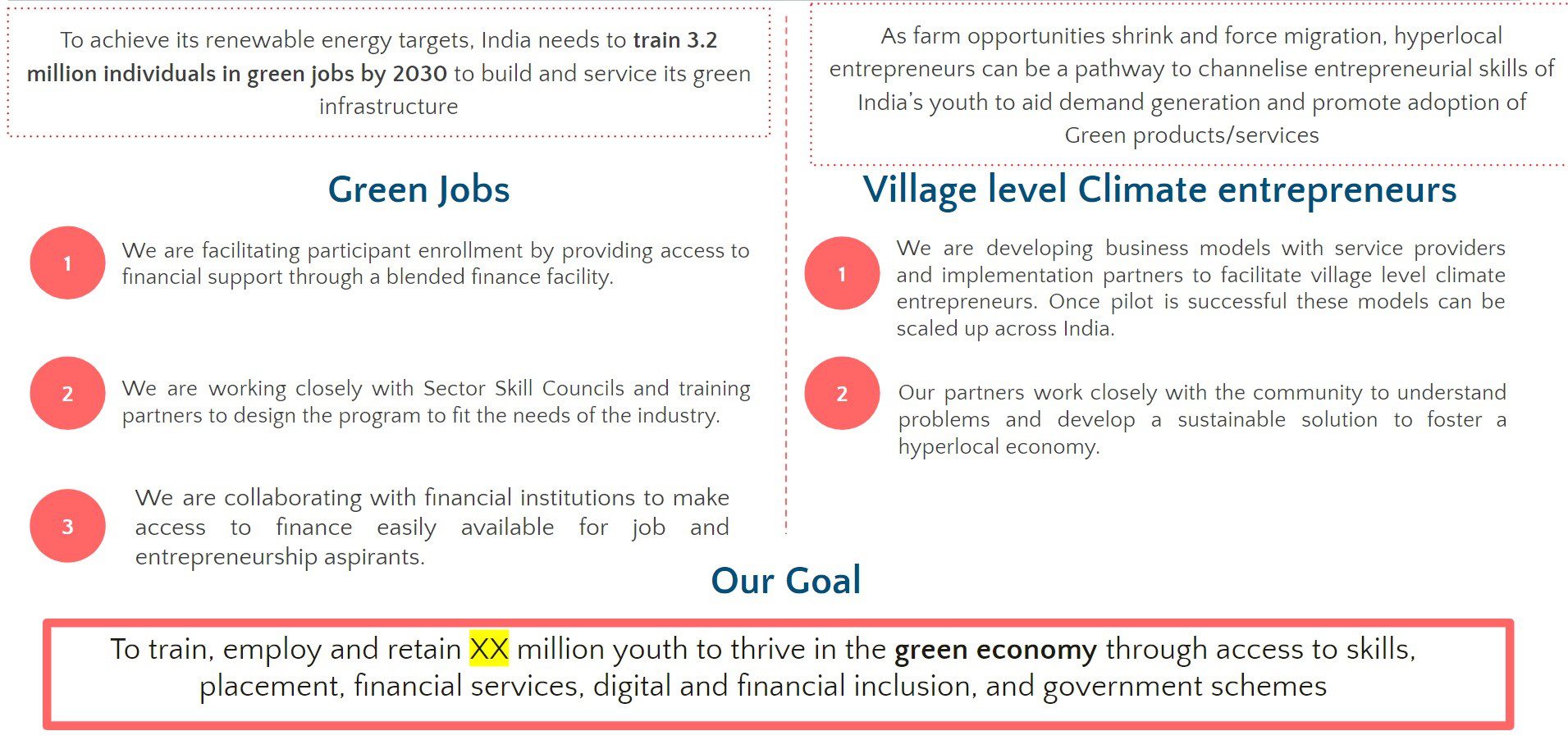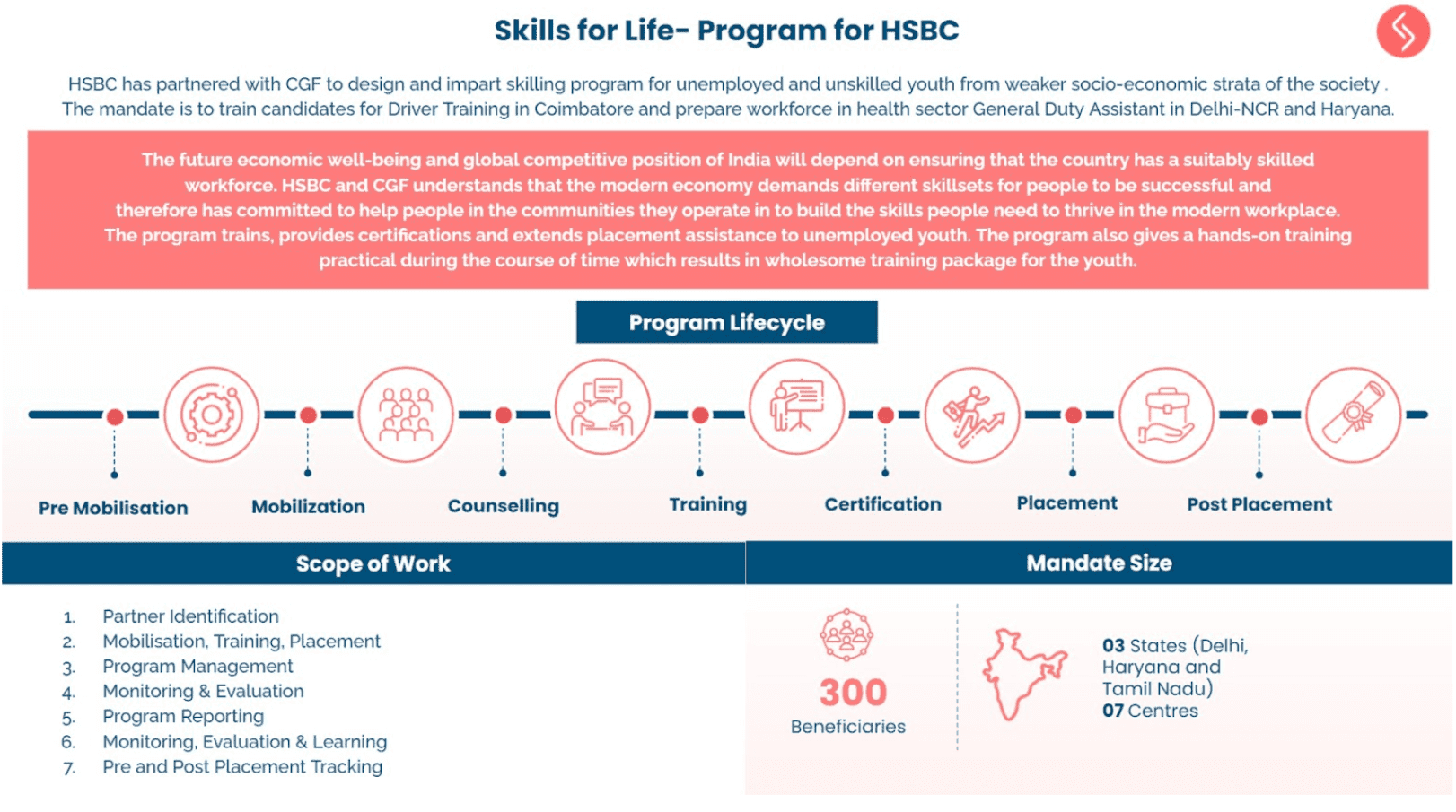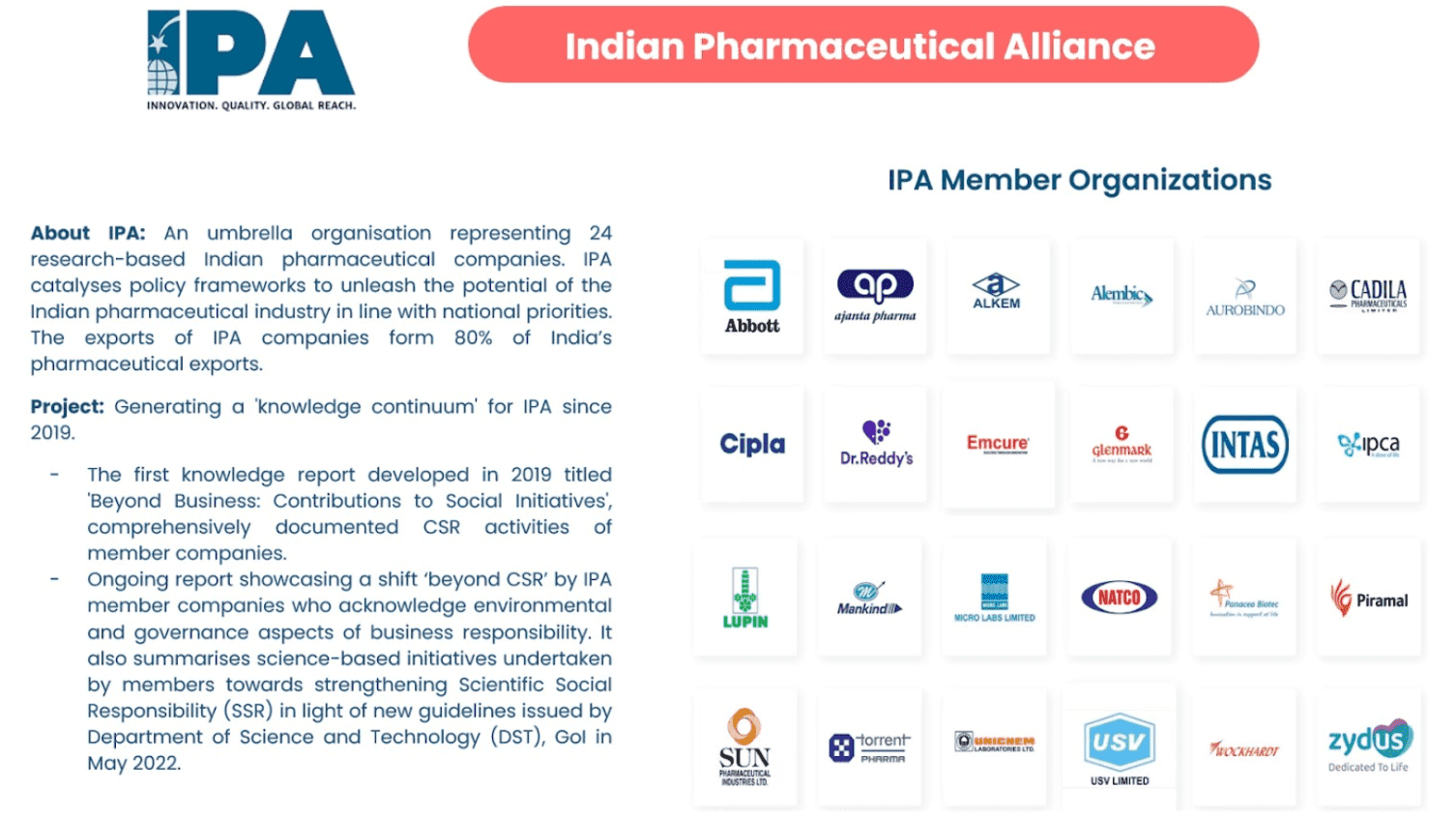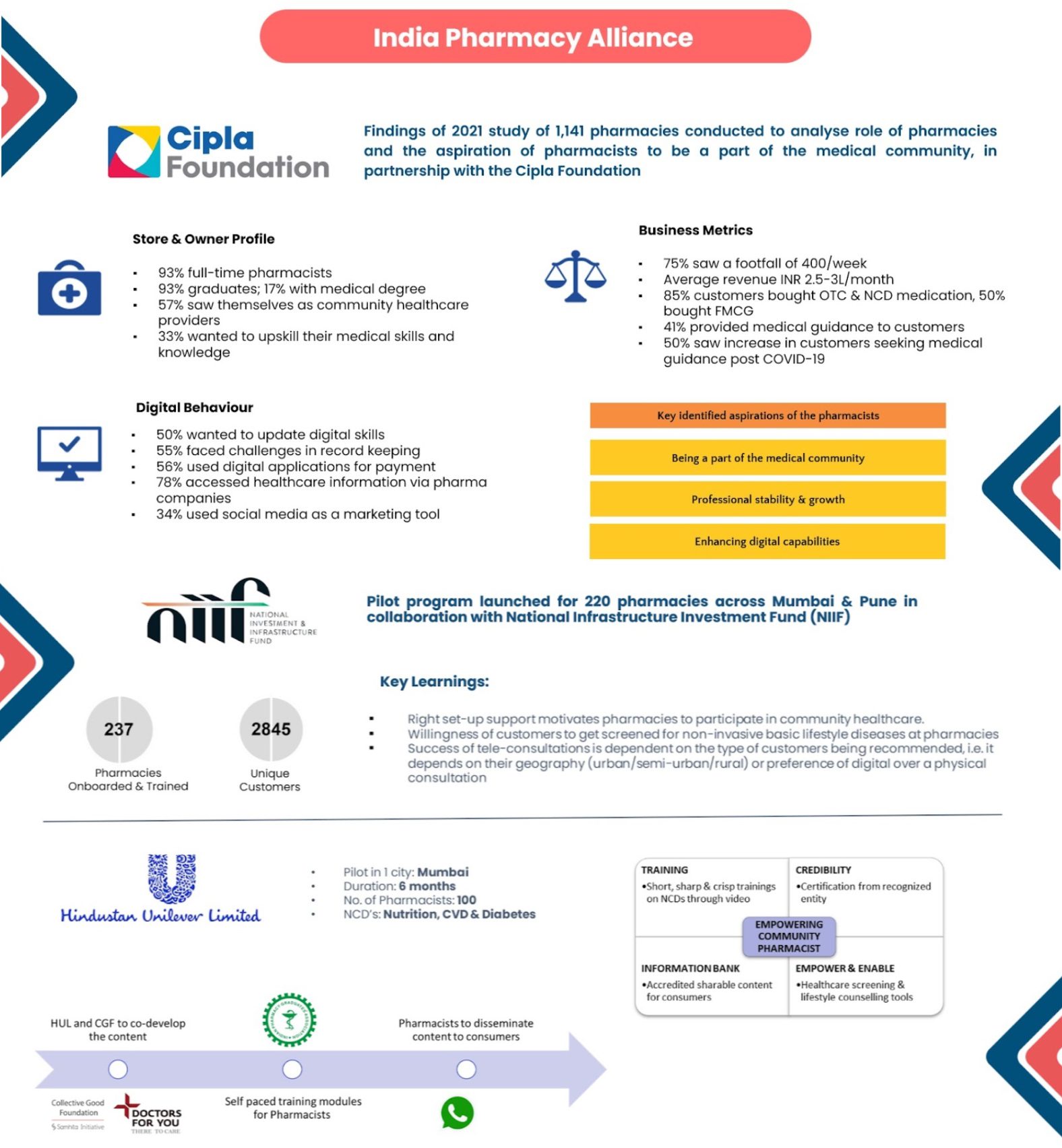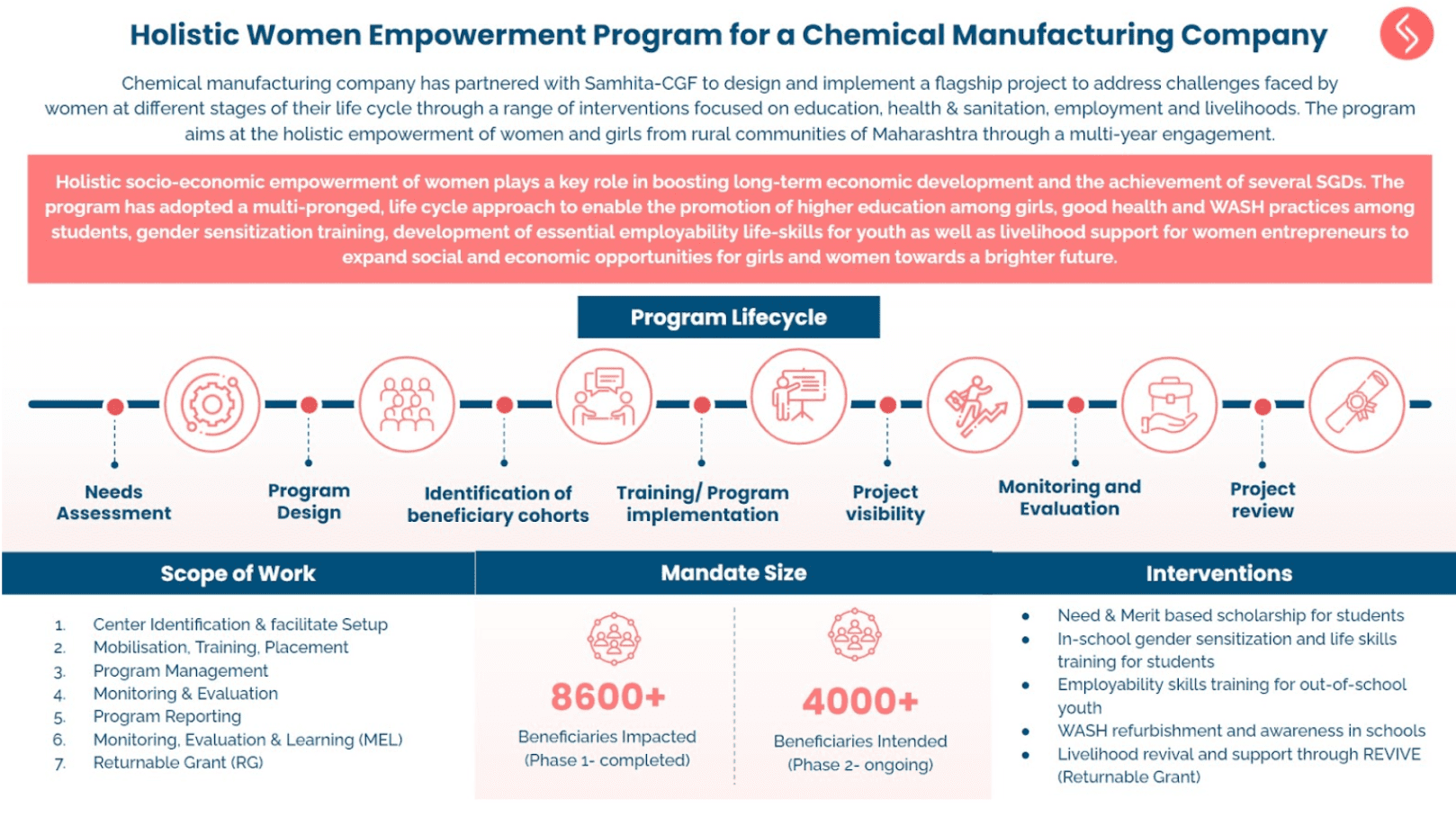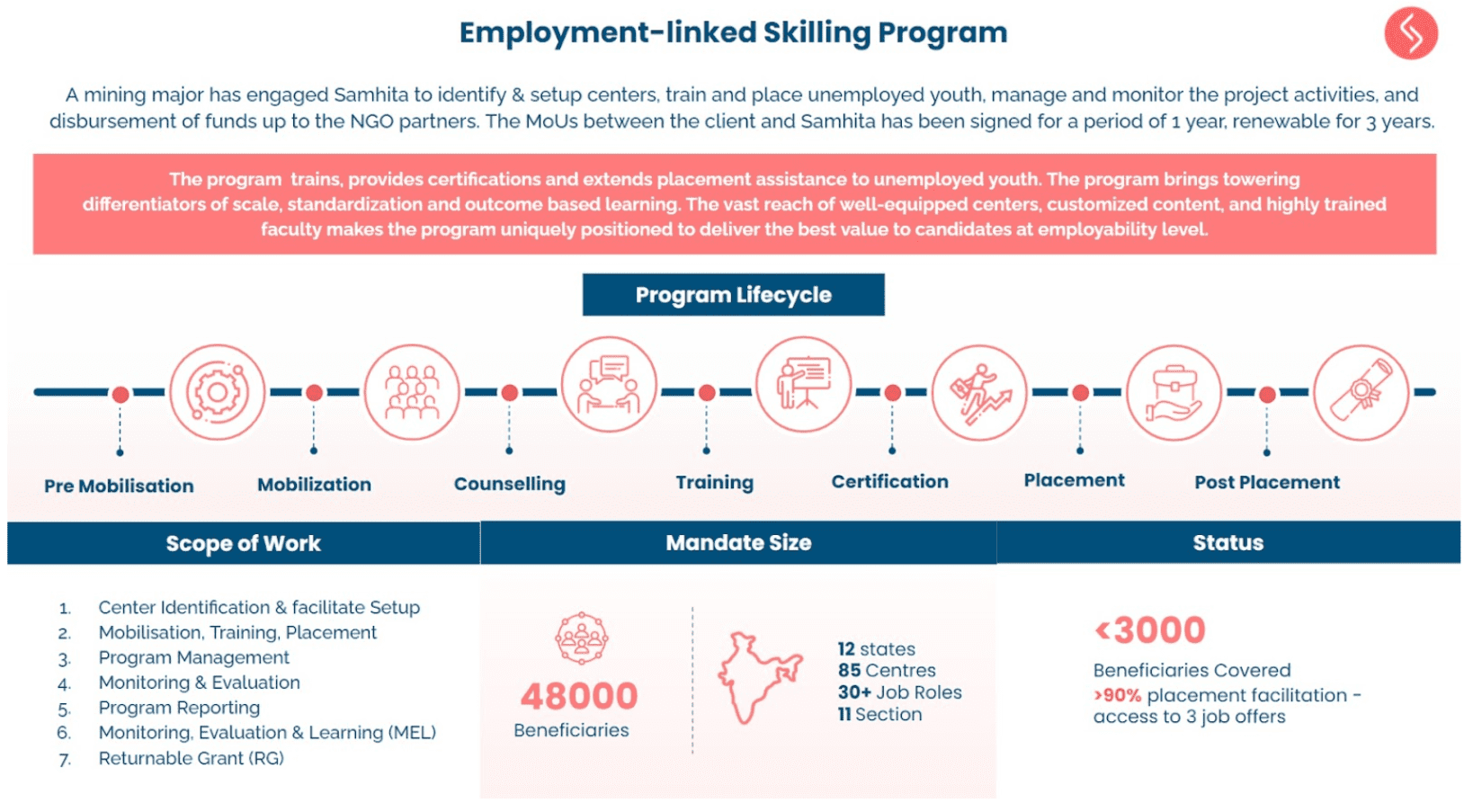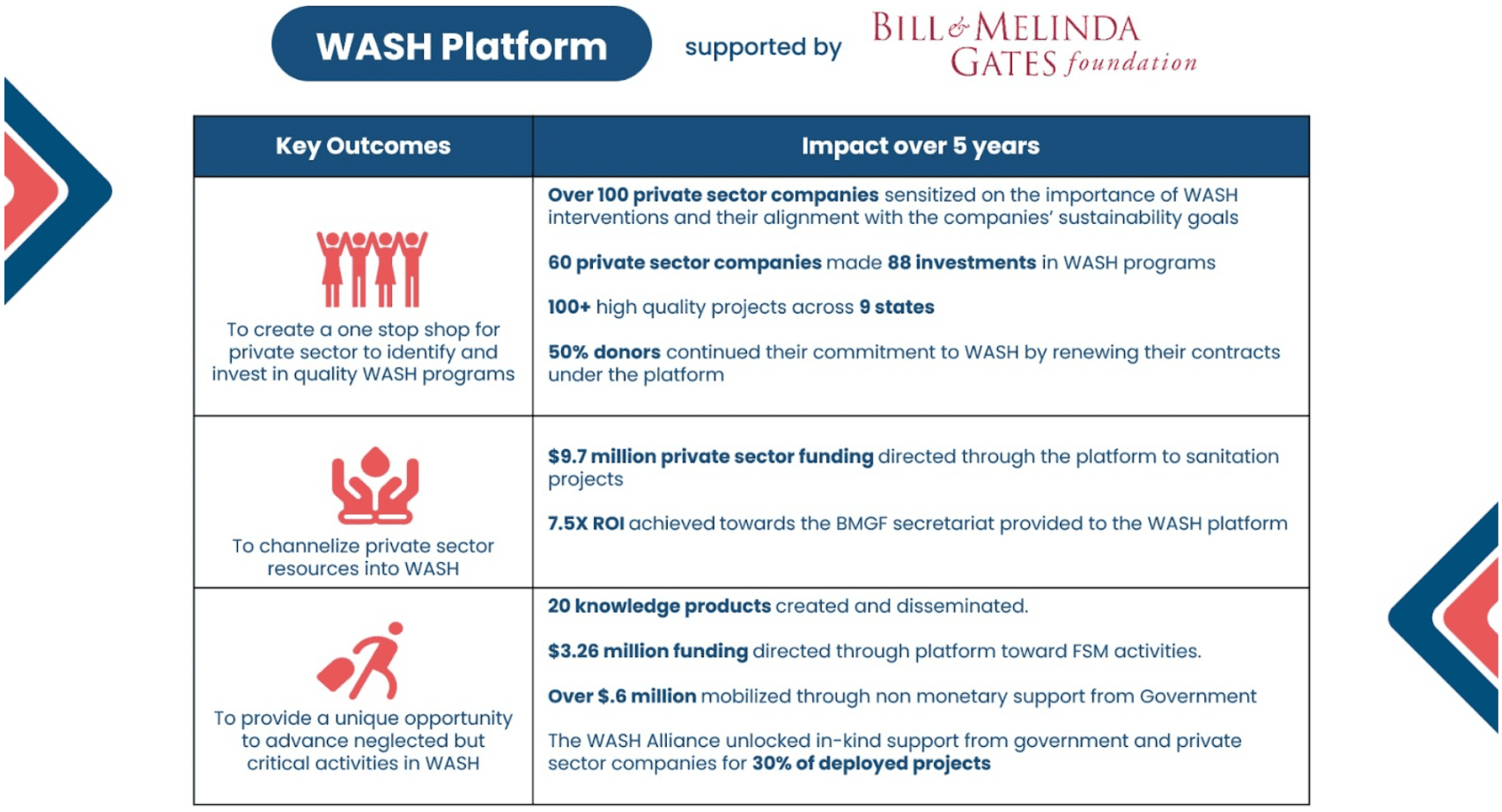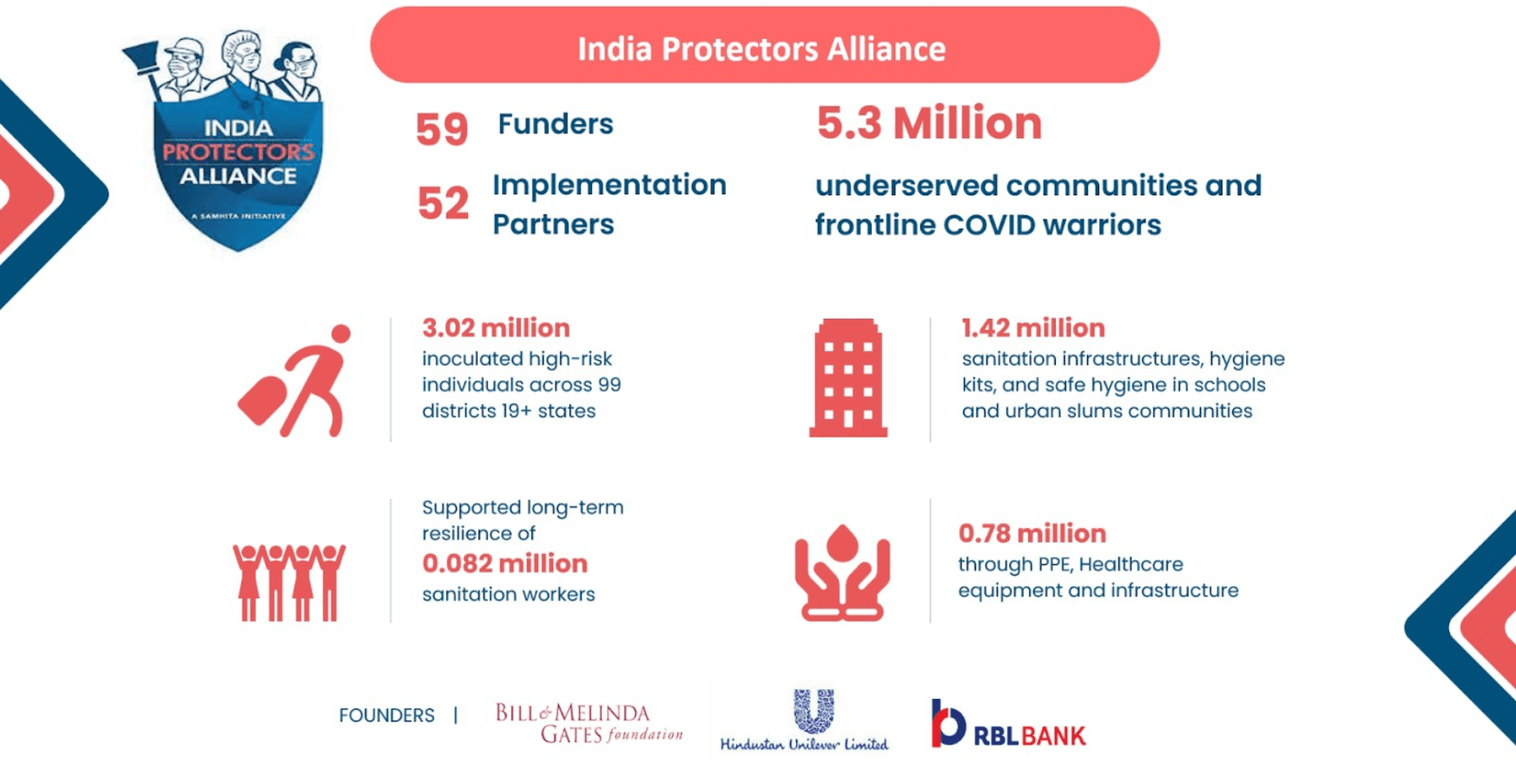Authored by P.R. Ganapathy, President ( India), Villgro Innovations Foundation
After, USA and China, India has the largest incubator and accelerator ecosystem in the world. But few companies have sufficient information on this ecosystem to be able to invest in it.
Samhita, and Villgro, supported by GIZ are addressing this information asymmetry and facilitating partnerships between companies and incubators and social enterprises(SEs).
The traditional model of CSR involves selecting an NGO working in an area of your interest (livelihoods, education, etc.) and funding them for a specific project, say, training 500 women artisans, or setting up a computer lab in a school.
But, the smart CSR managers of today are asking harder questions of this model.
What happened to those women artisans after the training was completed? Who buys their products and connects them to consumers? Is the model sustainable? What do children actually learn from the computer lab? Who teaches them? What content is available? Who maintains the computers and the lab to ensure it continues to deliver value?
One way to find these answers is to partner with social enterprises or for-profit entities who use market-based approaches to solve social problems.
The next logical question is :




















